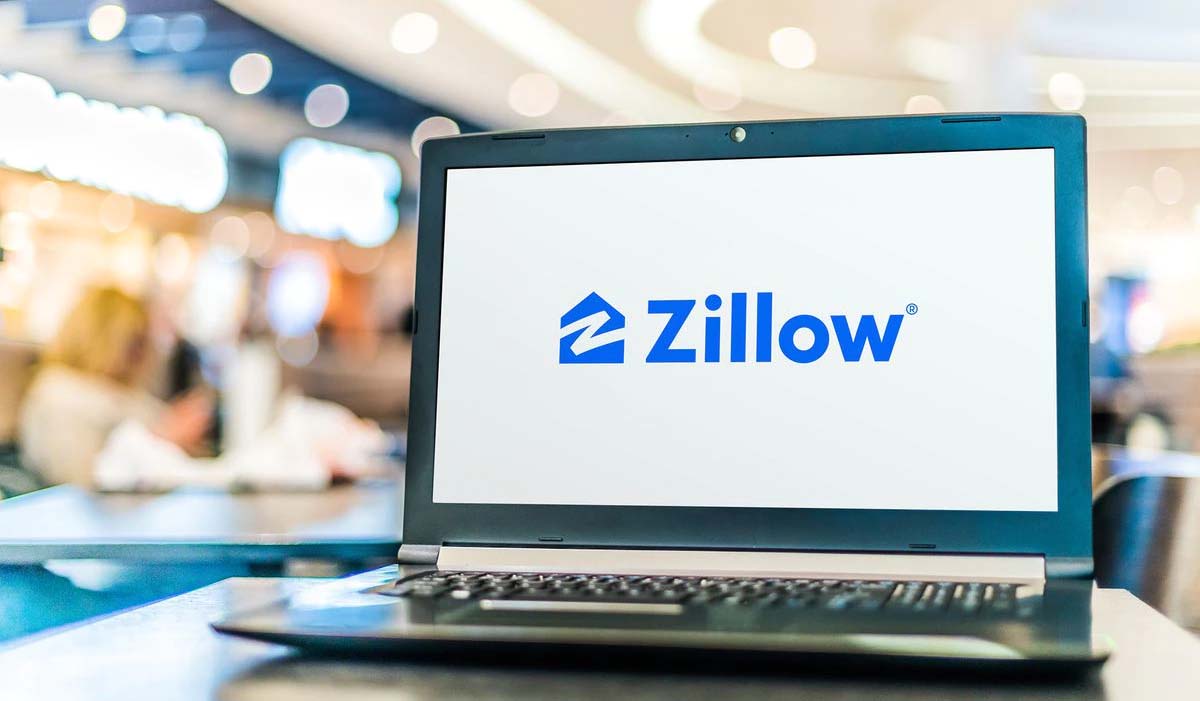
Zillow’s iBuying Fallout: What does it mean for iBuyers?
You may have heard that the real estate giant Zillow is closing its instant-buying—iBuying—business. Company executives say publicly that the decision is due to a backlog of renovations for the properties—about 7,000 nationwide—but the numbers tell a slightly different story.
According to Zillow’s third quarter earnings report, they lost $422 million in the second quarter of 2020, mostly from their iBuying unit, Offers.
Wait — what’s an iBuyer?
An iBuyer is a real estate company that uses technology, specifically algorithms, to buy and sell real estate.
The selling point of an iBuyer is that they buy houses as-is, so sellers aren’t responsible for the costly repairs that often turn up in a traditional sale. Since iBuyers are intending to fix and flip, they can make an offer quickly, based on market data and their own AI (artificial intelligence).
Sellers like that because they don’t have to deal with keeping the house “show ready.” IBuyers aim for a 24-hour turnaround to make an offer. It’s true—in some markets, homes go under contract after a bidding war before there’s even a For Sale sign in the yard—those are exceptions. Most houses spend weeks staged for showings.
Why Zillow Offers Failed

At one point in the last quarter, 64% of the 1,000 homes Zillow had listed in its five most lucrative markets were listed for less than the purchase price. Even novice real estate investors and home buyers know that isn’t a business model with a lot of staying power, so Zillow simply stopped making Offers.
The failure of Offers caught both home buyers and Wall Street’s attention for two reasons. One, since it launched in 2006, Zillow hadn’t really set a foot wrong. Realtors absolutely loathed the website’s business model, while grudgingly accepting the fact that a Zillow presence was critical to success.
Second, other iBuyers, like Opendoor and Offerpad are doing quite well in the post-pandemic market, even though nationally, prices have decreased somewhat.
Zillow Offers relied too heavily on artificial intelligence
Of course, real estate experts and investment analysts have theories about the failure of Offers. The first one is that Zillow’s AI couldn’t keep up with the ups and downs of the market. CEO Rich Barton said:
“The unpredictability in forecasting home prices far exceeds what we anticipated. Continuing to scale Zillow Offers would result in too much earnings and balance-sheet volatility.”
In plain English, no matter how sophisticated algorithms are, there is some inherent lag time in updating data and “soft” market conditions.
While the numbers—square footage, bedrooms, bathrooms, etc—are important to a home’s value, the nuances of a neighborhood or community are beyond AI’s grasp.
Human beings make decisions based on life experience and expectations. A buyer is willing to pay a bit more for a home that’s around the corner from close friends, or in a desirable school district, or in a walkable neighborhood.
Another point that AI misses is the seasonality of the housing market. People want to move in the summer when kids are out of school, not in the dead of winter.
That’s why housing prices and inventory spike in the spring — up to a 10% swing in some parts of the country. The Offers algorithm was using data from the top of the market, spring and summer, to generate pricing data for the fall and winter.
When you combine that swing and miss to the overall slowdown in the greater national market, you understand how Offers overpaid for houses. Zillow has sold 66% of their Offers inventory at an average 4.5% loss.
Aggressive algorithms led to thin margins
IBuyers factor in the costs of rehab and renovations, and time on the market, before they make an offer. An algorithm that sets an aggressive price is thinning already thin margins, so Offers profitability on their flips was frequently underwater before they started renovation.
Is the housing market still healthy?
Another excuse that Zillow has given for the failure of Offers is the overall labor shortage, cost of materials, and supply chain issues.
This problem speaks to the overall health of the housing market—it is still booming. In fact, iBuyers paid an average of 104.1% of market value in the first half of 2021. That’s about a 7% increase over 2020 numbers.
Why sell to an iBuyer?

Selling a house is a hassle, no matter how great the circumstances. Worse, sellers pay Realtors exorbitant fees to be told what’s wrong with their houses and why it will be a nightmare to sell.
IBuyers take away that emotional beatdown with a just-the-facts approach to the process—and close a lot more quickly than a traditional sale, so the transaction meets the seller’s deadlines. There used to be some concern for sellers that the iBuyers would not offer a good price, but 104% of the value seems like a pretty good deal to most sellers.
Offercity goes a step further than the traditional iBuyer. We work locally, in your area, so our estimates are based on the real market values of your neighborhood, not national AI. Once we meet with you and walk through your home, we’ll market it on our platform to local investors—buyers who have an in-depth knowledge of the area.
Investors make competing offers, so in just a few days you’ll have the best price in the market. They pay cash, so the sale can close quickly—or not, depending on your timeline. Best of all, once you have a contract, Offercity will advance you up to $5,000 for moving expenses. A little extra cash up front goes a long way towards easing moving stress. Our service-based approach to home selling is geared towards what’s best for our customers, so contact us today if you want more information on our services.